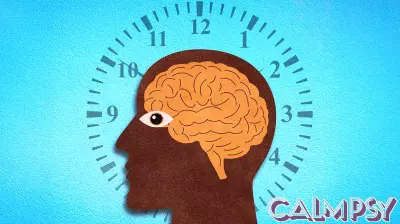Identifying Manipulators: Body Language as a Key Indicator
December 25, 2024 - 03:01

Basic body language might be all you need to spot a master manipulator. Recent research has uncovered a significant connection between an individual's posture and their potential for antisocial and manipulative personality traits. The study suggests that certain physical cues can serve as red flags, allowing individuals to identify manipulators quickly.
For instance, a person who stands with their arms crossed or maintains a closed-off posture may indicate defensiveness or a lack of openness, traits often associated with manipulative behavior. Additionally, those who exhibit excessive fidgeting or avoid eye contact may also be displaying signs of deceit or insincerity.
Understanding these subtle cues can empower individuals to navigate social interactions more effectively, fostering healthier relationships. By honing in on these body language indicators, one can potentially protect themselves from emotional manipulation and foster more authentic connections with others. As awareness of these traits increases, it becomes easier to cultivate a more discerning approach to interpersonal dynamics.
MORE NEWS

February 21, 2026 - 04:49
New Theory of Learning Upends the Lessons of Pavlov’s DogA groundbreaking new theory is poised to rewrite a fundamental chapter in psychology, directly challenging the legacy of Pavlov`s famous dogs. For over a century, the principle of...

February 20, 2026 - 03:37
Psychology says people who pick up litter even when no one is watching usually display these 7 traits that are becoming increasingly rareIn a world where actions are often performed for social validation, a simple, unobserved act—picking up a stray piece of litter—can speak volumes about a person`s character. Psychologists note...

February 19, 2026 - 09:31
Psychology says the reason you feel exhausted after doing nothing all day isn't laziness — it's that unresolved decisions drain more energy than physical effort ever couldIf you`ve ever collapsed on the sofa after a seemingly lazy day, bewildered by your own fatigue, psychology points to a clear culprit: your unmade decisions. The mental load of unresolved choices�...

February 18, 2026 - 23:26
Meredith Professor Elected as President-Elect of the Society of Occupational Health PsychologyDr. Leanne E. Atwater, the program director for the Master of Arts in Industrial-Organizational Psychology program at Meredith College, has been elected as the President-Elect of the Society of...